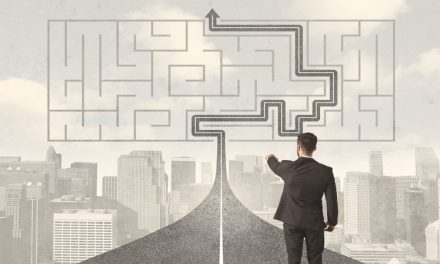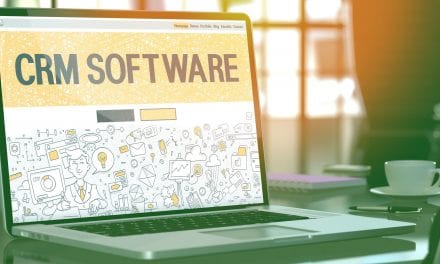By Elizabeth George
How’s your month of isolation going so far? Feeling restless, anxious, or lonely at times? Now imagine that social disconnectedness lasting longer – think 10, 20, or 30 months. Many seniors have been experiencing social isolation and related loneliness for a very long time. Sometimes there is no better way to understand what someone else might be feeling than to experience it ourselves.
Over the last few years, the focus on the health effects of social isolation and loneliness has intensified. So, when COVID-19 hit, many of us were already well aware of the risks that can accompany it.
The Silver Lining
With more knowledge and empathy about the risks of loneliness, the COVID-19 crisis has brought the world’s attention back to the power of human connection and to finding ways to stay in contact with others during this time.
Volunteer efforts to reach seniors by phone are surging. The New York Times reports a number of organizations are experiencing an increase in the number of volunteers signing up to help including the Friendship Line, an accredited crisis line based in San Francisco. It now has a waiting list for volunteers interested in making outbound calls to lonely older adults.
But what happens when life returns to normal and our attention naturally migrates elsewhere?
The senior living industry will still be here.
One organization that’s passionate about the power of senior living to extend and create happier, healthier lives for seniors is R3R1 Consulting Group, a Senior Living Foresight partner.
“I got into this business because I wanted to make a difference,” says Russell Rush, Managing Partner of R3R1. “I’m on a mission to help more seniors, particularly those living on their own, experience the joy of connection and community in their later years. I firmly believe that community living extends the lives of seniors. And the research backs this up.”
As Russell says, “Educating prospective residents and family members about the power of community is so critical right now. For many years, senior living was a need-based sale – it was a solution for seniors struggling to live at home without family caregivers who could provide assistance. But with the rise of home healthcare and with current fears around COVID-19, consumers are finding other ways to solve for this challenge.”
How our industry makes the most of this time and how we tell our story will determine our success going forward. “Our industry will get through this current challenge and we can do this by continuing to educate people on the dangers of loneliness and the power of community,” Russell says.
He recalls many conversations with nervous family members. “I’ve convinced hundreds of families over the years to move their loved ones into a senior living community,” he says. “And after seeing them thrive inside a community, these individuals couldn’t have been happier with the choice. I’ve received countless notes of gratitude.”
Educating prospective residents on the benefits of senior community living is a large part of the R3R1 training solution. Russell believes every staff member of a senior living community, particularly those involved in sales, needs to have this same conviction about the power of community and connection in making lives better.
Learn a proven method to convert more leads to move-ins. Sign up for the R3R1 Science of Selling Academy.









